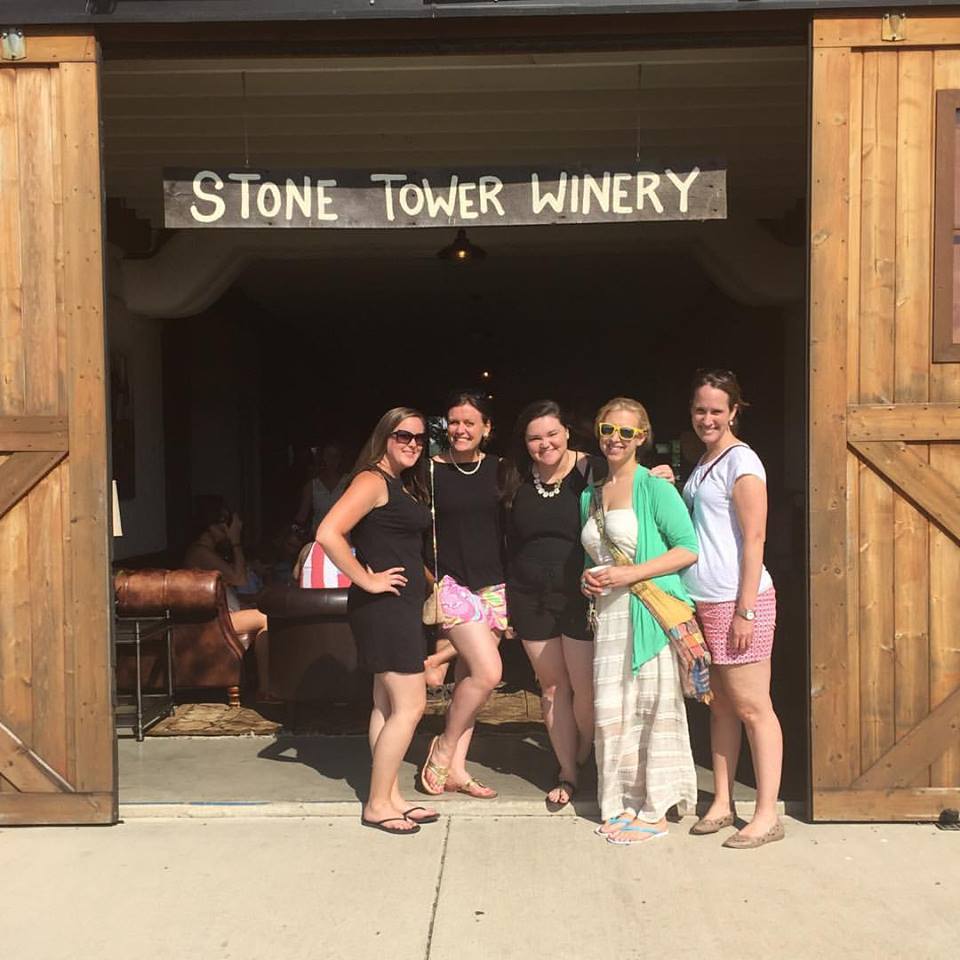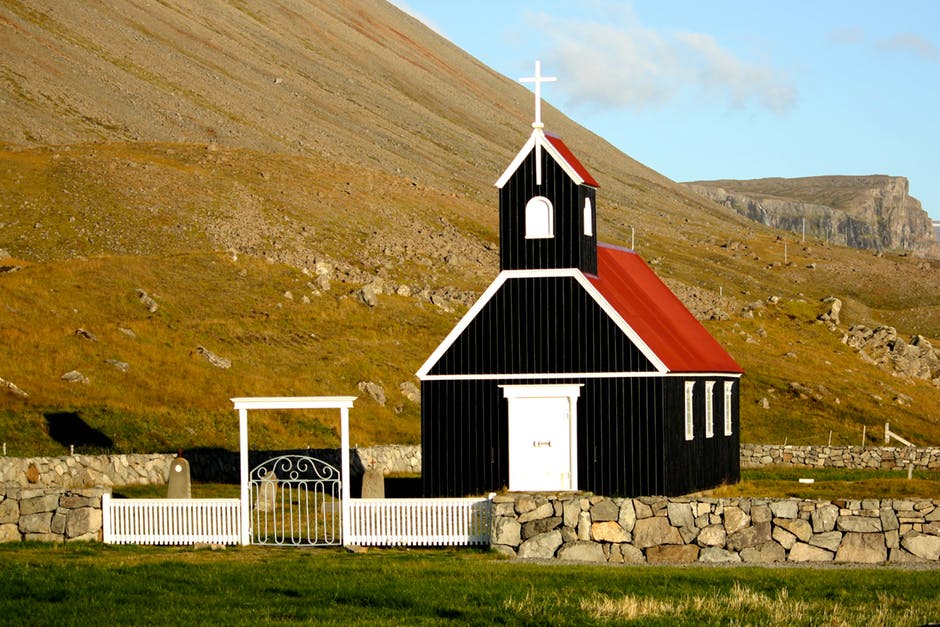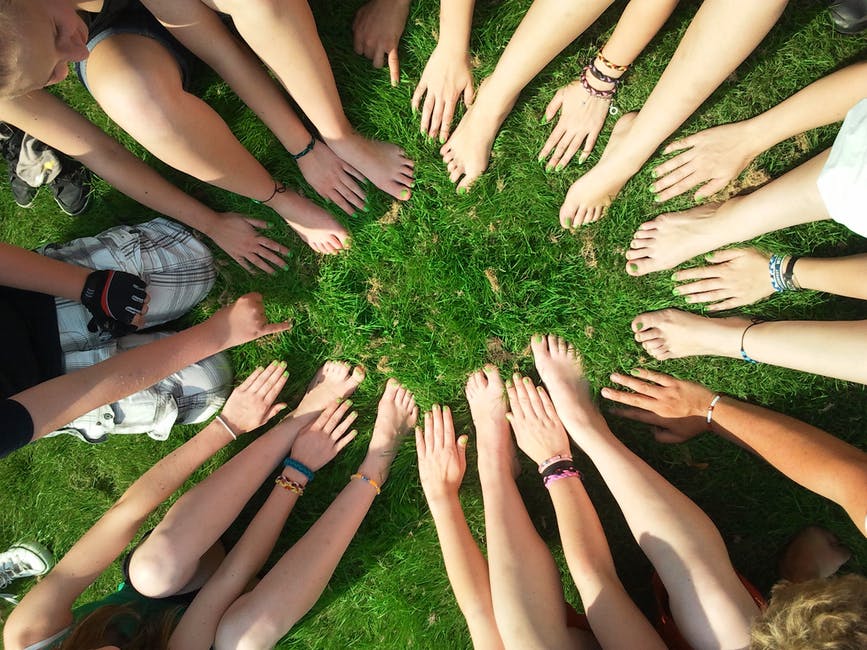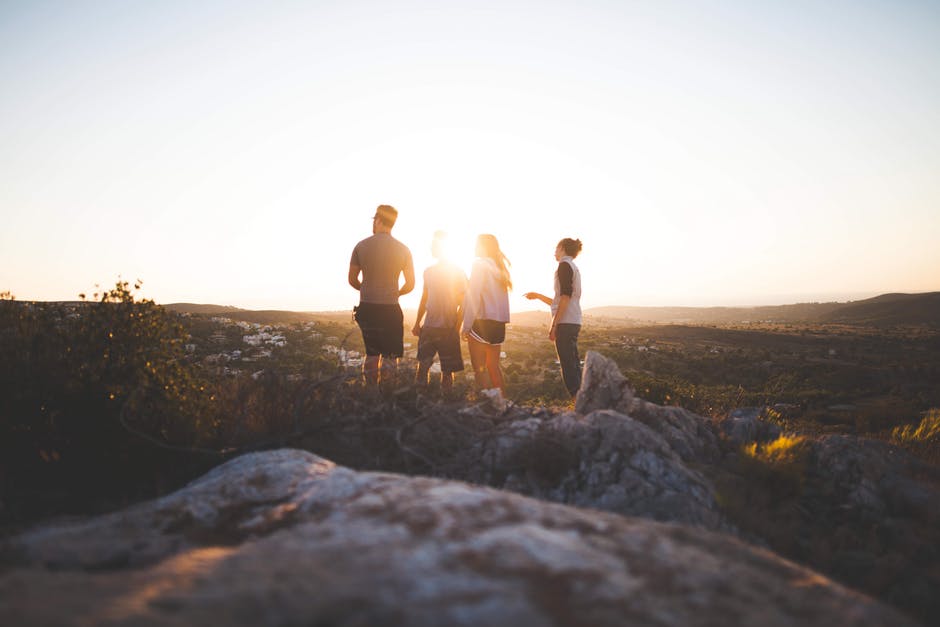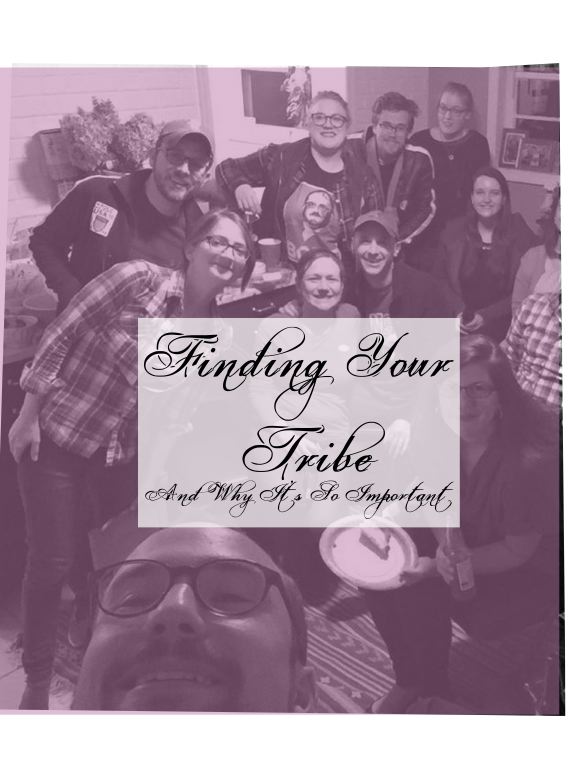
[wysija_form id=”1″]
This first list is how to find friends. I’ll post again next week on maintaining friendships.
I recently read an absolutely fascinating book called Tribe: On Homecoming and Belonging, which explores the question as to why people are happier living in a community that depends on one another. It goes through historical and anthropological theories as to why people thrive being a “we” more than being an “I.” This idea is completely opposed to the so-called American Ideal of autonomy and independence, but the argument is more than convincing. As the most depressed and anxious generation this country has ever seen, we’re also the most autonomous. Could this be that we don’t know how to make and keep friends? That’s definitely my theory..
One thing I hope to never take for granted is the amazing friends that I have. However, the millennial generation tends to move away from home more than previous generations, so it’s worth talking about the plain and simple truth: moving to a new area and making friends is downright difficult. When I moved to D.C. after undergrad, dozens of my friends either moved here with me, or were already here. While I do cherish the memories I had with all of them, my friend group has totally changed because almost all of those friends have since moved away. While there is no knowing what the future will hold, I feel like I can say with certainty that the friends I have now are here to stay, whether that mean geographically or otherwise. While my story may certainly differ from yours, I have found that friends that share values, not just interests, are where the solidification comes from. I have talked to so many people who have lamented that D.C. (or any big city) is an impossible place to make friends, and in some ways, I would have to agree. Any big city is going to be very transient, so it’s difficult to invest emotionally in a friendship, when it’s assumed that people are all going to move away in time. But, even if you’re only planning on staying for a little while, friendship is beyond important, so prioritize finding (and keeping!) your tribe, no matter where you are. Here I explore ideas on how to make real, true-blue friends. While there is some potential in the workplace, this isn’t the most always the deepest of relationships. We need each other, y’all. Don’t ever forget that!
Find friends who share your faith. Even if you’re not practicing your religion, try going to things that involve your denomination of church or synagogue. People with similar roots tend to have similar values and shared experiences. Crazy First Communion story? Did your uncle get embarrassingly hammered at your Bat Mitzvah? No one can appreciate these kinds of things other than people of your faith. Even if you vehemently disagree with what your faith teaches, get over yourself, be open-minded, try it on again for size, and keep trying. I’m Catholic and had been to more Theology on Tap nights and Bible studies than I care to mention.. It wasn’t until someone randomly invited me to this cheesy-sounding thing called School of Community (which is the weekly meeting of Communion and Liberation, a Catholic group) that I finally was able to put down roots within the Church. I’m now happy to call the people in CL not only my social circle, but who I share a life with.
Volunteer! I know I’m biased, but I absolutely adore being a part of the Junior League, an all-women organization that has chapters all over the country. While these ladies may not be my besties, I know several people who have found their close friend group through JL because of many of the shared values. JL is very mission-oriented, and if someone cares about the mission, not only are they consistently around at the volunteer placement, but they are going to be very, very good at it. If JL isn’t your thing, there are literally hundreds of other options out there, but be consistent! If you volunteer at the local animal shelter, for example, commit to being there on Saturday mornings, and be there every Saturday morning. That way, you’ll actually form relationships with the people you volunteer with, rather than it being just a come-and-go thing. Some other great volunteer organizations I have heard wonderful things about (and require consistency) are: Special Olympics, and Dress for Success.
Play a Sport or Organize a Hiking Group Most major cities have social sports organizations, where anyone can sign up to play. I formed a team a few years ago for a skeeball league, and it was SO much fun. There are, obviously, real sports too, but I’m not the least bit athletic. You can sign up as a free agent, and find pals. Usually social sports organizations have partnerships with a local bar, and there’s a happy hour after. Another idea is looking for or starting MeetUp groups for hiking. Some of my fondest memories with friends have been hiking… Highly recommend.
Connect with your university or sorority alumni association. There are even some high schools that have alumni associations in various cities, which is so cool! Mine doesn’t have one here in D.C., but the Jesuit high school that’s in Cleveland (of course) does. Anyway, no matter what, you’ll have plenty to talk about.
OK, now that we’ve determined how to make friends in new areas, stay tuned for my post next week on growing and maintaining your friend group. I interviewed some people who are quite skilled at this, so you won’t want to miss it :). In the meantime, check out Tribe: On Homecoming and Belonging and maintain communication with your new pals. Friendship is oh-so very important, and I hope you find the best friends in the world.


